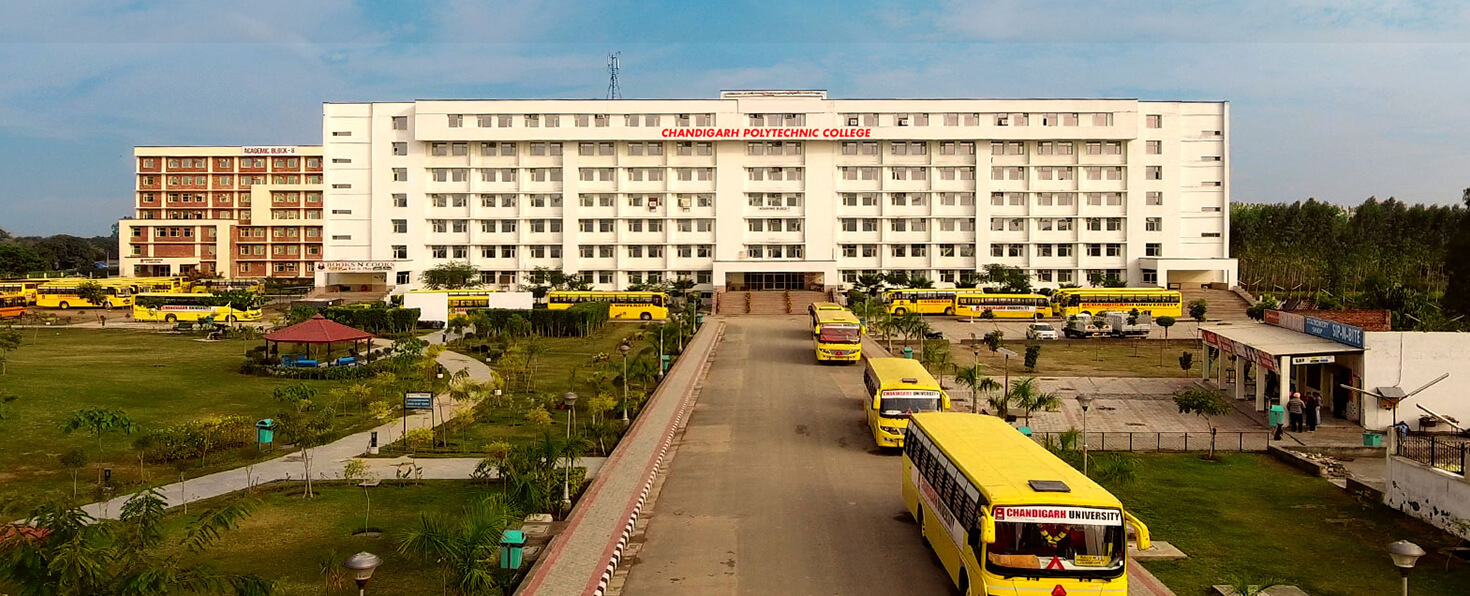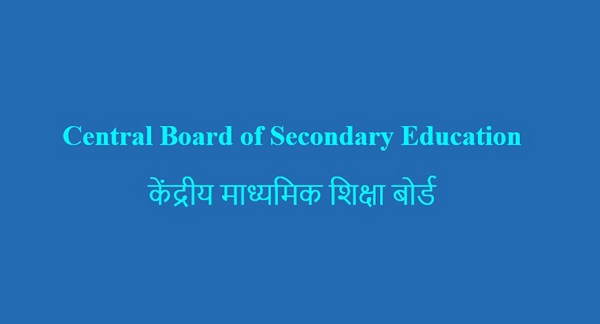MBZUAI is the first graduate level, research-based AI University in the world. It will train Master’s and Ph.D. students in AI with a particular focus on machine learning and computer vision specializations. The University will also conduct research addressing AI applications specific to UAE and further afield, as well as contributing to the open scientific literature, informs Prof Anil K. Jain, Department of Computer Science and Engineering, Michigan State University in a conversation with Elets News Network (ENN).
Tell us in detail about the launch of world’s first graduate-level research-based AI University in UAE.
Oil rich countries such as UAE are interested in diversifying their economies by investing in emerging technologies. One such technology is Artificial Intelligence (AI), which is comprised of software and/or machines that can automatically decide to take actions or perform decision-making tasks considered intelligent by humans. AI systems typically take as input a large collection of diverse data (e.g., text, voice, images, videos or other sensory data) and take actions or make inferences. AI is attractive because it has found success in many critical applications such as surveillance, economic forecasting, healthcare and education, among others.
MBZUAI is the first graduate level, research-based AI University in the world. It will train Master’s and Ph.D. students in AI with a particular focus on machine learning and computer vision specializations. Additional specializations will be added later. The University will also conduct research addressing AI applications specific to UAE and further afield, as well as contributing to the open scientific literature.
What is the roadmap to achieve the University’s goal of empowering students, businesses, and governments to advance artificial intelligence as a global force for positive progress?
The success of any university depends on its students and faculty. Since the formal announcement of the University on October 16, 2019, vigorous efforts are being made to recruit talented students and faculty to join MBZUAI. Similarly, efforts are underway to contact various industrial partners and government agencies, both in UAE and around the world, to recruit the graduates of MBZUAI.
What programs do you plan to undertake at the University to ensure teaching faculty is abreast with the latest technology?
This is a very important issue. The field of Artificial Intelligence and its subareas, namely machine learning, robotics, computer vision, natural language understanding, and human-computer interaction are progressing at a fast pace. Plans are underway to build partnerships with universities in the United States and Europe that are very well positioned in AI, where MBZUAI faculty can visit for training and research collaboration.
What is the differentiating factor that makes this University stand apart from other academic institutions?
First, this will only be a graduate level university, to enroll students who are interested in pursuing Master’s and doctorate programs entirely centered around AI. Secondly, all the graduate students at MBZUAI will be fully supported with a full scholarship, plus benefits such as a monthly allowance, health insurance, and accommodation. The University will work with leading local and global companies to secure internships, and will also assist students in finding employment opportunities.
Please tell us about the vision of the global AI community.
The vision is to provide health care, nutrition, education, economic well-being, dignity, security and empowerment to all the humans living on this planet irrespective of their religion, race, color and country of origin.
Professor Anil K. Jain
































